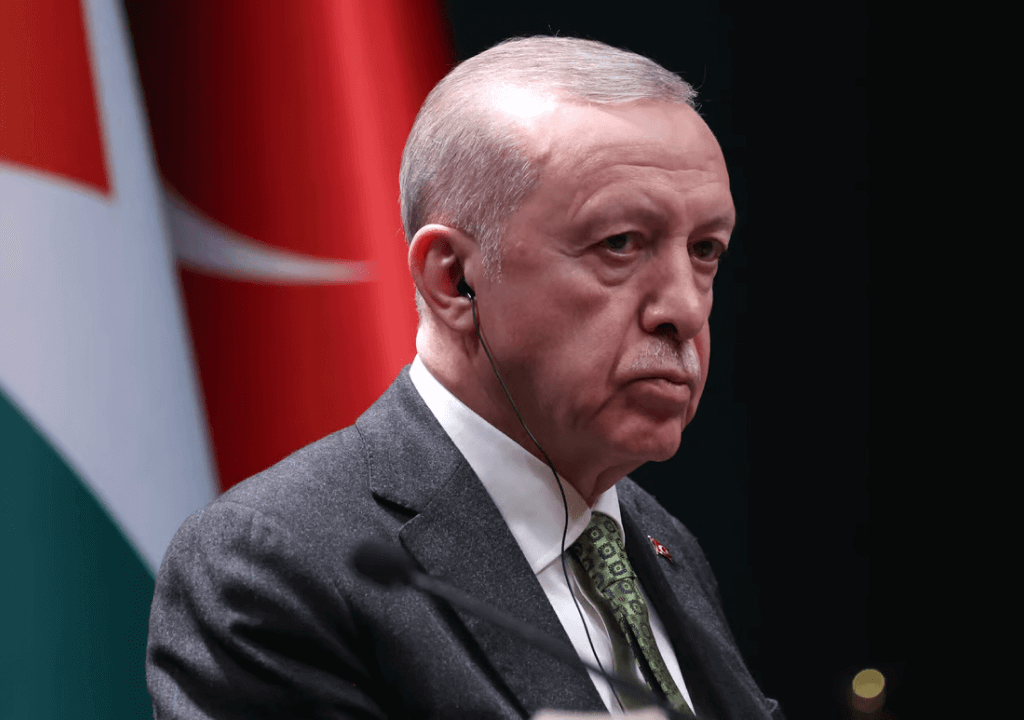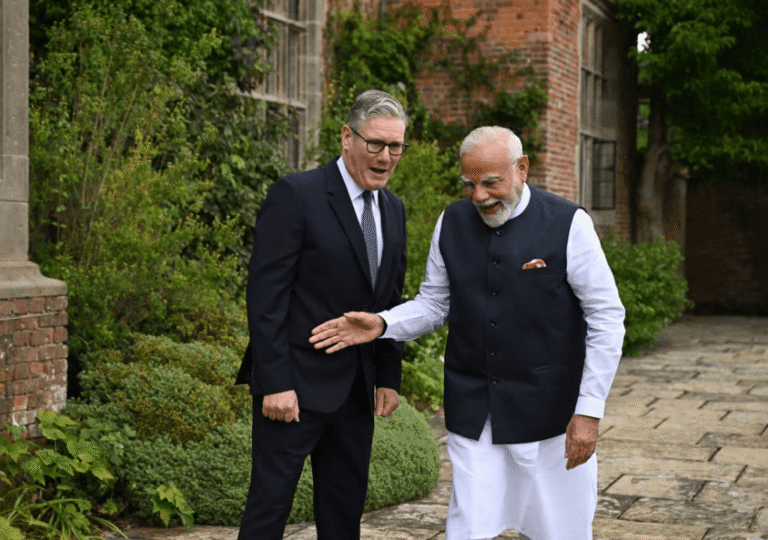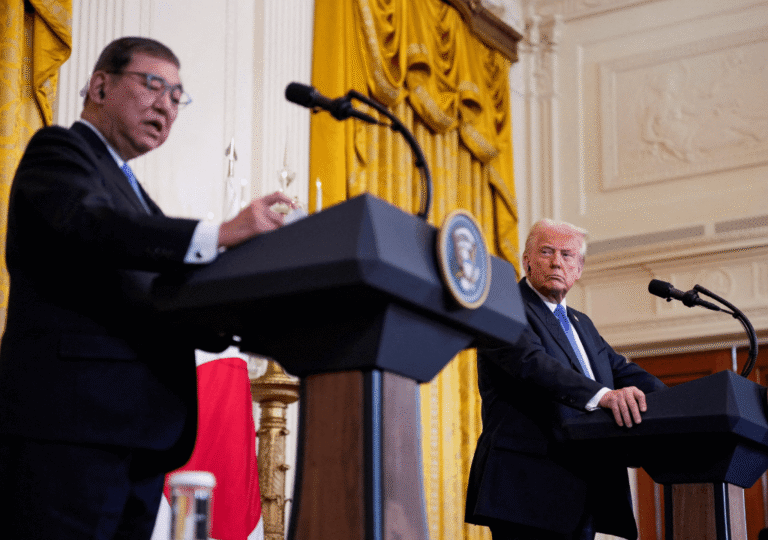Turkey and Israel maintained a good relationship, while other Islamic countries, from Morocco to Indonesia, do not even recognize the state of Israel. Israel and Turkey formally established diplomatic relations in 1949, shortly after Israel was founded. Both countries prioritized cooperation in economics, diplomacy, military, and strategic affairs. Although disputes have arisen, diplomats from both sides have worked to keep the relationship intact.
However, in recent decades, under the leadership of Islamist leader Erdoğan, the relationship between the two countries has deteriorated considerably. Relations worsened further after Israel’s retaliation in Gaza, with Turkey condemning Israel and supporting Hamas. As tensions escalate, many question the likelihood of Turkey intervening, given Erdoğan’s strong support for Hamas and his advocacy for global Muslim solidarity. Will Turkey fight against Israel to save Palestinians?
During a meeting with his ruling AK Party in his hometown of Rize on Sunday, President Tayyip Erdogan suggested that Turkey might intervene in Israel, similar to its previous actions in Libya and Nagorno-Karabakh. In the televised address that was trending on X, he stated that there was no reason Turkey could not undertake such actions and emphasized the need for strength to pursue these steps. Although he did not specify the form the intervention might take, he confidently highlighted Turkey’s defense industry throughout his speech.
Erdogan has demonstrated a readiness to engage in significant interventions in the Middle East, often citing Turkey’s strategic interests and invoking a sense of Ottoman heritage. He has participated in attacks in Nagorno-Karabakh alongside Azerbaijan, showing hostility toward Armenia and advocating for a grand Turkic ethnic union. Erdogan also supports the faction in Libya that controls Tripoli, which opposes the faction backed by France and other groups. Additionally, Turkey frequently conducts operations along the Syrian border, targeting Kurdish-controlled areas, and there are reports suggesting potential intervention in Kurdish territories in Iraq. It’s interesting that while Turkey does not support the creation of Kurdistan, it actively advocates for the Palestinian cause.
Erdoğan has been highly critical of Israel’s actions during its conflict with Hamas, accusing Israeli Prime Minister Benjamin Netanyahu of genocide. Turkey has halted all trade with Israel and recalled its ambassador. The Turkish foreign ministry compared Netanyahu to Adolf Hitler, claiming that, just as Hitler’s reign ended, so too will Netanyahu’s. The ministry also declared that those who seek to destroy the Palestinians will be held accountable and that humanity will stand with the Palestinians, who will not be defeated.
In response, Israel recalled its diplomats from Turkey and accused Ankara of supporting terrorist organizations, including Hamas and Iran. Israeli Foreign Minister Israel Katz comparing Erdoğan to Iraqi dictator Saddam Hussein. Katz suggested that Erdoğan’s threats against Israel are reminiscent of Saddam Hussein’s actions and cautioned Erdoğan to remember the outcome of Saddam’s threats.
Turkey, where about 99.8% of the population are Muslims, was regarded as secular until Erdoğan’s leadership. If Turkey were to enter the war, it could be perceived as a reestablishment of Ottoman Turkey. While the global Muslim population is frustrated by the lack of punitive action against Israel, especially as Lebanon, Syria, and Iran face frequent attacks, Turkey’s intervention could restore some of the historical significance associated with the Ottoman Empire and potentially position it as a leading force in the Islamic world.Such a move would likely have a significant impact on the global order.
There is no doubt that Turkey is a major military power, boasting NATO’s second-largest military and advanced munitions technology, including its renowned drones. Its involvement could present a significant challenge to Israel, unlike Iran, Egypt, or Saudi Arabia, which face geographical limitations and a lack of war experience. However, the likelihood of Turkey intervening remains low due to US influence over the country. If a conflict does occur, Turkey’s economy may struggle to sustain it, potentially leading to hardship for its people. Additionally, the US might then support the creation of Kurdistan, an expanded Armenia, or a unified Cyprus, which could threaten Turkey’s existence.
Despite international media reports, it is more realistic to view Erdoğan and the Turkish government’s comments as part of a strategy to maintain his image as the defender of Islam. This is particularly relevant given that the Muslim population, who are staunch supporters of Erdoğan, are discontented with the situation in Gaza. If public dissatisfaction persists, Erdoğan faces a significant challenge as the opposition gains support among the people.
Although direct confrontation is unlikely, Turkey is exploring all possible options against Israel. Reports indicate that Turkey may formally submit a declaration of intervention in South Africa’s genocide case against Israel regarding the Gaza conflict to the International Court of Justice. As a seasoned politician, Erdoğan knows that without addressing the concerns of the Islamist populace and taking a strong stance on the Palestinian issue, he cannot maintain his political position or assert Turkey’s leadership in the Muslim world.








